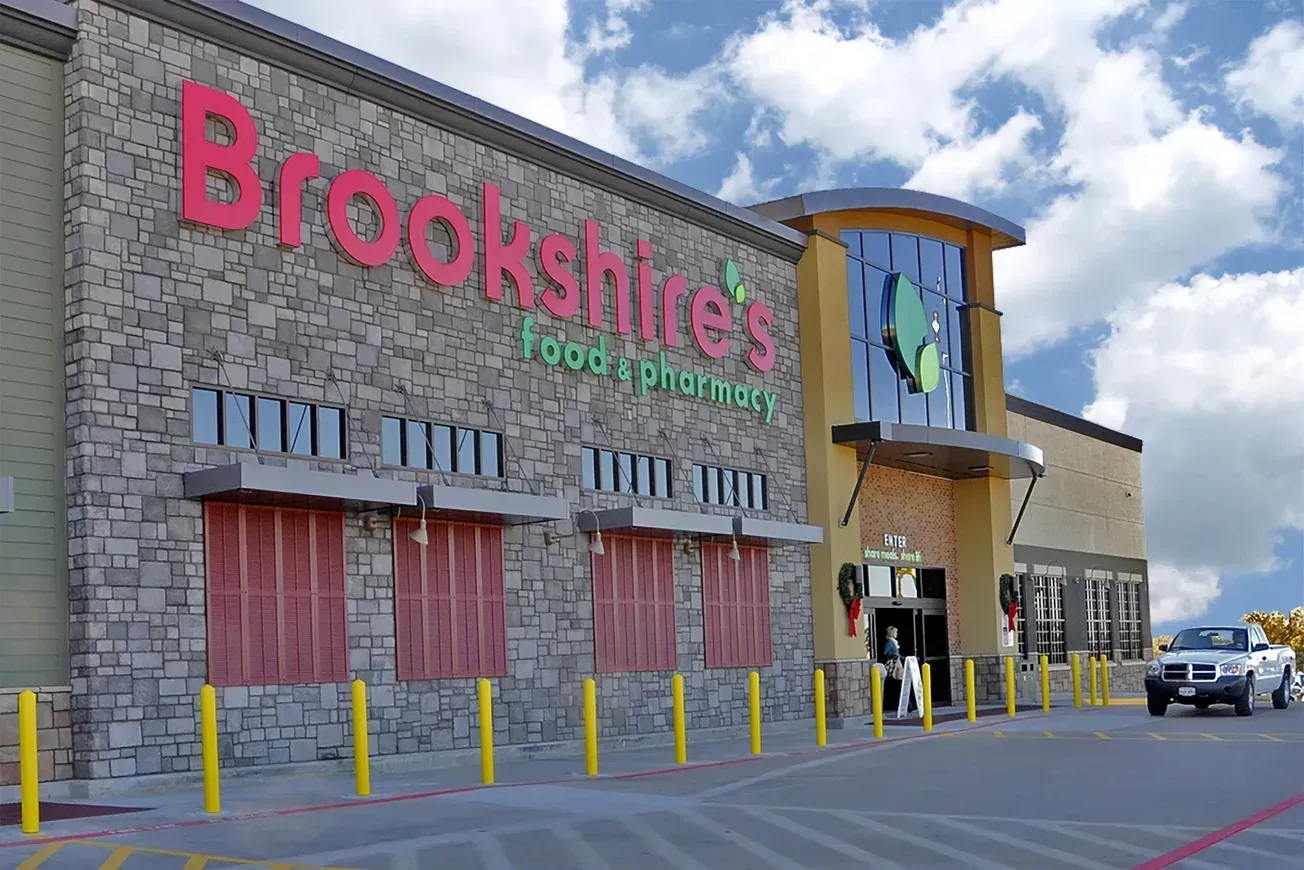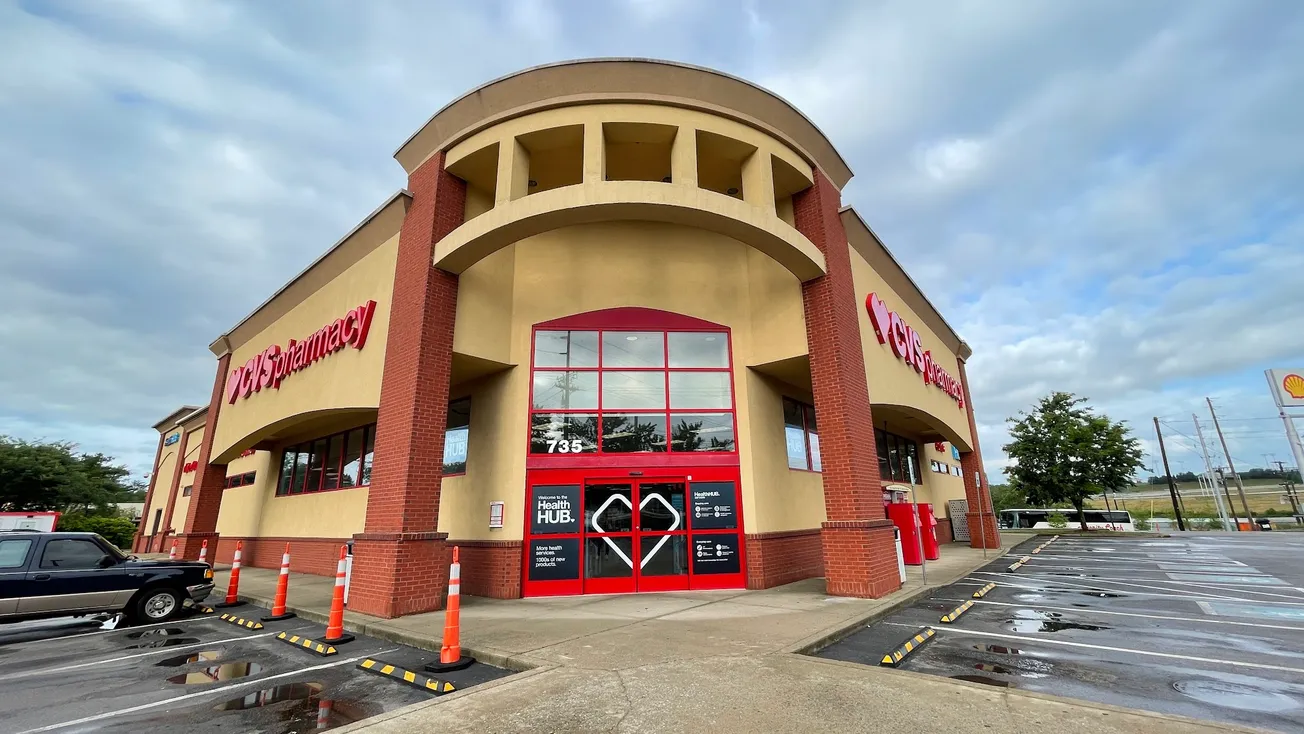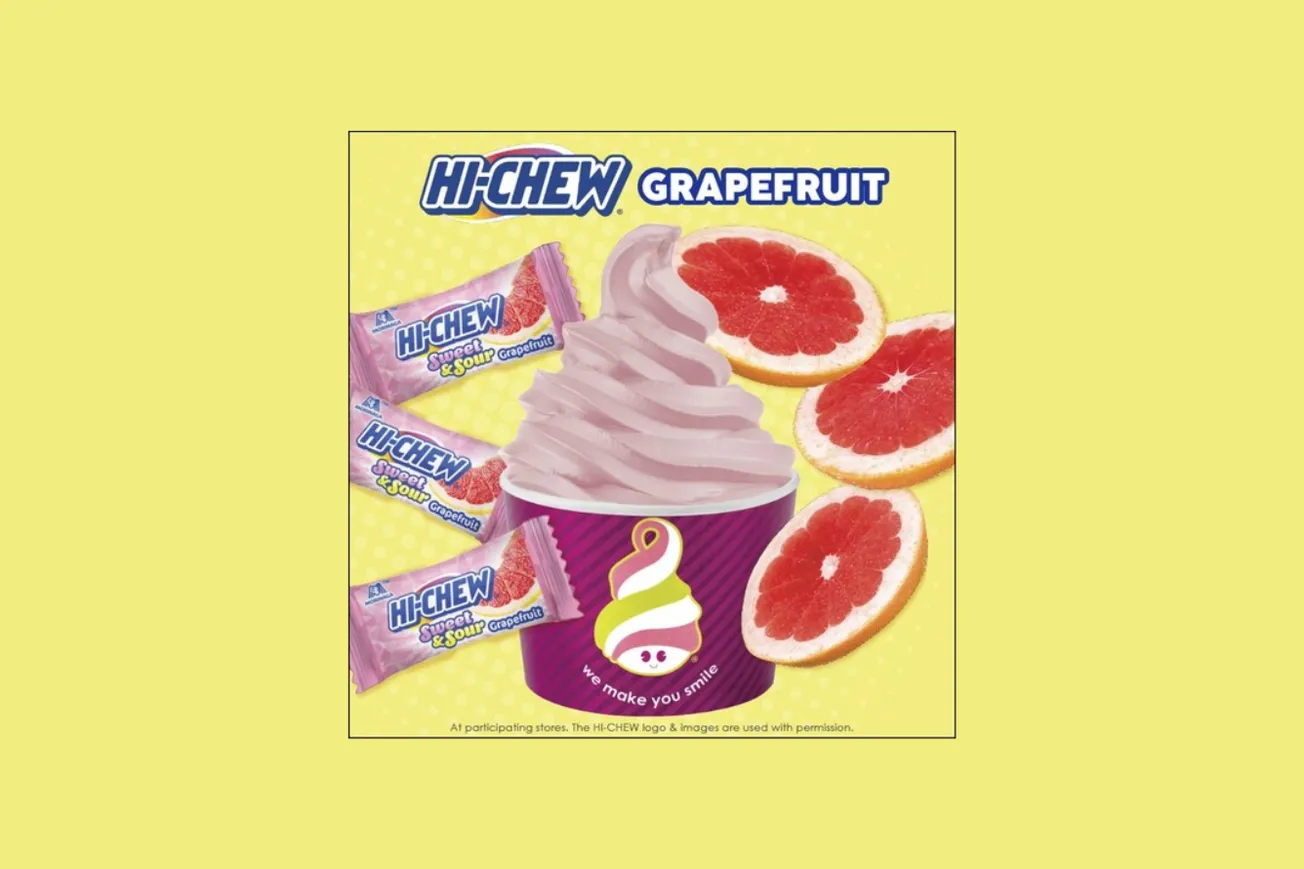In a multipart series during 2014, our team is examining key product attributes and marketing tactics from two different perspectives — the retail buyer and the consumer/shopper. This objective picture of the two viewpoints should contribute to a product’s success at retail.
In this column, we explore the ways promotion impacts buyer and shopper behavior.
• How does promotional spend and marketing strategy impact buyers and shoppers?
Buyer vantage point: Buyers want to know that a manufacturer has strategized and is prepared to commit dollars to drive consumers to shelf. They also want to know a manufacturer’s short- and long-term marketing strategy. A comprehensive, agile marketing plan shows a manufacturer is prepared to commit the resources (both financial and people) to move the plan forward to reach the shopper base. Increasingly, more affordable digital marketing efforts are showing greater impact than historically expensive television and print strategies, and personalized messaging and tailored efforts are yielding results. According to IRI, “Increasing advertising budgets does not necessarily lead to increases in sales in general.” But with a strong message and thoughtful tactics, repetition of promotion will lead to year-over-year sales growth.
Shopper vantage point: Simply put, shoppers do not care how much a brand is spending on its promotions. Relevance to the consumer is far more important than boundless spending.
• What aspects of promotion do buyers and shoppers respond to?
Buyer vantage point: When considering whether or not to stock a new product, buyers want to ensure that the product will meet the needs or demands of their stores’ key demographics. Buyers will consider the packaging and shelf strategy as part of the product’s overall brand strategy. Buyers also welcome analytics. If a product is new to the United States or simply new to the region, manufacturers who can share positive results from previous promotional efforts will assure buyers they can successfully build sales at shelf.
Shopper vantage point: According to Entrepreneur magazine, following 2009’s Great Recession, wary shoppers have squelched the notion that brand recognition will carry a promotional campaign to success. Sixty-four percent of shoppers agree that brand name products are not better quality, and 68% prefer generic brands that may not have any promotional support behind them. Instead, brands that focus on creating a personal story that resonates with their end-users are more likely to see sales.
• How will changing promotional trends and the shift to digital continue to affect buyers and shoppers?
Buyer vantage point: As brand name and brand spend become less impactful and innovative messaging and customized content become increasingly in-demand, buyers may respond more to promotional strategies that rely heavily on digital. Brands that create a thriving social media presence and engage users in online communities have the most to gain as promotional tactics continue to evolve.
Shopper vantage point: Digitally savvy consumers of all ages will reshape what a successful promotional campaign should be. Adults age 75 and older are the fastest-growing demographic among social media networks, and 38% of Millennial shoppers (born between 1981 and 2000) believe that brands that do not use traditional marketing channels and instead rely on social media are more trustworthy, suggesting that the far-reaching, expensive, multichannel media campaigns of the past may be fading in importance. The impact of television advertisements may continue to decline as households “cut the cord” and abandon cable and network television for on-demand video services such as Hulu or Netflix (a number now totaling one-fifth of U.S. households and growing).
• Bottom line
While channels will continue to change, fully fleshed promotional campaigns with a strong social media component targeted to key demographics are important to shoppers and buyers to raise brand awareness and drive purchases at shelf.
JENNY KOSEK is a researcher and writer at Hamacher Resource Group Inc., a research, marketing and category management firm specializing in consumer health care at retail.




